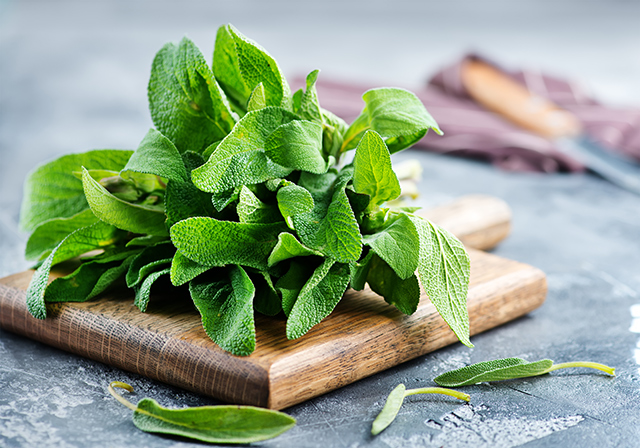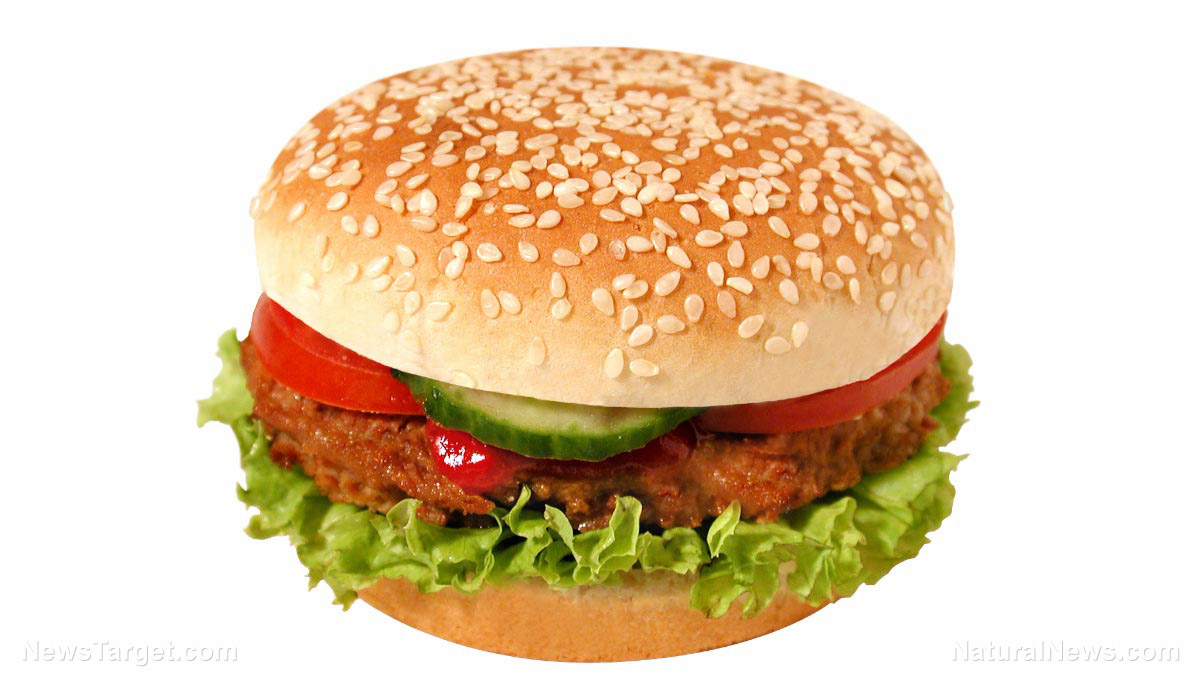
Advertisement
Sage has had many uses throughout the years. Its most common application is in the kitchen, but numerous cultures have turned to sage to heal their ills or even assist in their rituals. But the uses don’t stop there. According to a study published in CyTA – Journal of Food, sage can also act as a natural food preservative.
To arrive at this conclusion, a team of Polish researchers utilized powdered sage leaf extract and fresh turkey breast. This type of poultry was chosen specifically because it’s more prone to oxidation than chicken. First, the researchers minced turkey breast and divided it into three segments, with one acting as the control. The two other segments were combined with different concentrations of powdered sage leaf extract.
Following this, each segment of turkey breast was formed into two meatballs before being sealed and frozen for nine days. On the first, third, sixth, and ninth days of storage, tests were conducted and covered total phenolic acids, lipid oxidation, and bacterial growth. These tests revealed that the meatballs with 0.05 percent powdered sage leaf extract had the lowest Thiobarbituric Acid Reactive Substances (TBARS) values and that powdered sage leaf extract in concentrations of 0.02 and 0.05 percent greatly hindered aerobic bacteria growth.
The latter effect was attributed to terpenes, a substance known for its effects on bacteria and one that was present in powdered sage leaf extract. In addition to terpenes, the researchers also observed other beneficial substances that contributed to the antioxidant capacity of the extract. For instance, analyses showed that the extract contained high amounts of flavonoids, phenolic acids, and tannins. Moreover, the researchers noted that the potential radical scavenging activity of the extract came to around 11.03 percent per 1 mg. (Related: Research shows that sage can help preserve or enhance memory and brain functions.)
For the taste test, the researchers used turkey patties. All turkey patties had the same scores in all criteria save for juiciness. The 10 volunteers ranked the patties with 0.05 percent powdered sage extract much higher than the rest. “The highest scores for this attribute were obtained for meat treated with 0.05 [percent] of sage and scores were almost twice higher for this attribute than for the control group and for the meat with the addition of 0.02 [percent] of sage,” wrote the researchers.
They concluded with: “The results of this study indicated that the addition of sage extract to turkey meatballs was effective in controlling lipid oxidation and the microbial growth, during the refrigerated storage of pre-cooked turkey meatballs.” Furthermore, the researchers suggested that the meat industry can benefit from using sage extract as a natural food preservative.
Sage and nutrition: What else is in it?
On top of its impressive antioxidant content, sage contains various other nutrients. According to Nutrition-and-You.com, sage is an excellent source of B-complex vitamins like riboflavin and folic acid. So much so that a 100 g serving of dried and ground sage can easily contribute to the recommended daily allowance of these vitamins. Sage is also known to contain many other vitamins, particularly the antioxidant-acting vitamins A and C.
As for minerals, sage is rich in them as well. Both fresh and dried sage have a good amount of calcium, iron, potassium, magnesium, and iron. Also worth noting is the fact that sage contains thujone, a substance linked to increased mental concentration and longer attention spans. Though undoubtedly valuable in that regard, thujone is also known to cause uterine stimulations, making it and sage unsuitable for pregnant women when taken excessively. Regardless, sage is a truly nutrient-dense herb that can help the meat industry make great strides in their products and benefit those looking to spice up their dishes and their health.
If you’d like to learn more about sage or other healthy herbs, feel free to visit Herbs.news today.
Sources include:
Advertisements







